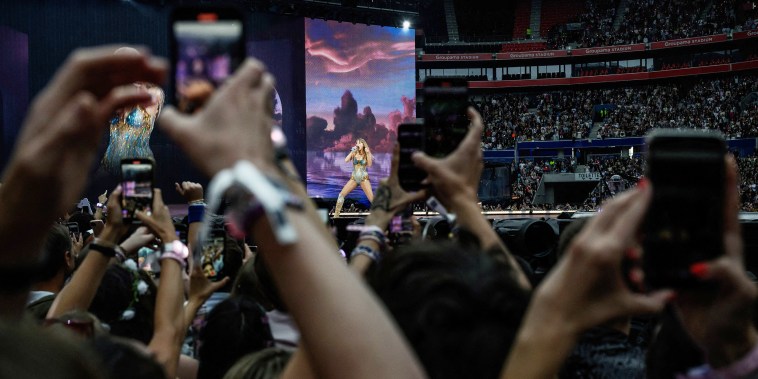
Unleashing the ‘Funflation’ Phenomenon: What’s Behind Americans’ Travel and Entertainment Splurge
The Funflation Effect: Why Americans Are Spending on Travel and Entertainment
As the world continues to recover from the unprecedented challenges brought about by the global pandemic, a unique trend has emerged in American spending habits – the rise of the funflation effect. This phenomenon, characterized by increased spending on travel and entertainment, is reshaping consumer behavior and sending ripples through various sectors of the economy.
One key factor driving the funflation effect is the pent-up demand for leisure activities that has accumulated during the periods of lockdowns and restrictions. As people emerge from the confines of their homes, there is a palpable eagerness to make up for lost time and experience the joys of travel, dining out, attending events, and exploring new adventures. This surge in demand is further fueled by the emotional need for relaxation, social connection, and novel experiences after a prolonged period of isolation.
The revival of the travel industry is a prominent manifestation of the funflation effect. Americans are increasingly eager to embark on vacations, both domestically and internationally, as travel restrictions ease and vaccination rates climb. Airlines, hotels, and tourist destinations are witnessing a surge in bookings, prompting them to adapt to this renewed demand by expanding their offerings and enhancing safety measures.
Furthermore, the entertainment sector is experiencing a similar resurgence as people seek out opportunities to engage in live events, concerts, movies, and other recreational activities. The reopening of theaters, theme parks, and sports venues has been met with enthusiasm, with consumers demonstrating a willingness to spend on tickets, merchandise, and concessions as they relish the communal experiences that these venues provide.
Another significant factor contributing to the funflation effect is the shift in priorities and values that many Americans have undergone during the pandemic. The emphasis on wellness, work-life balance, and mindfulness has led individuals to prioritize experiences and enjoyment over material possessions, leading to increased spending on activities that promote mental and emotional well-being.
Moreover, the rise of remote work and flexible schedules has provided many Americans with the freedom to travel and explore leisure activities without being tied down by traditional office constraints. This newfound flexibility has allowed people to take advantage of off-peak travel times, explore new destinations during weekdays, and extend weekend getaways without the usual time constraints.
In conclusion, the funflation effect is reshaping consumer behavior in the United States, driving increased spending on travel and entertainment as people seek to enjoy life to its fullest after a challenging period. The combination of pent-up demand, changing priorities, and newfound flexibility is fueling a resurgence in leisure activities and creating opportunities for businesses in the travel and entertainment sectors to thrive. As Americans embrace the joy of exploration and social connection, the funflation effect is likely to continue influencing spending patterns and shaping the post-pandemic economy for the foreseeable future.
